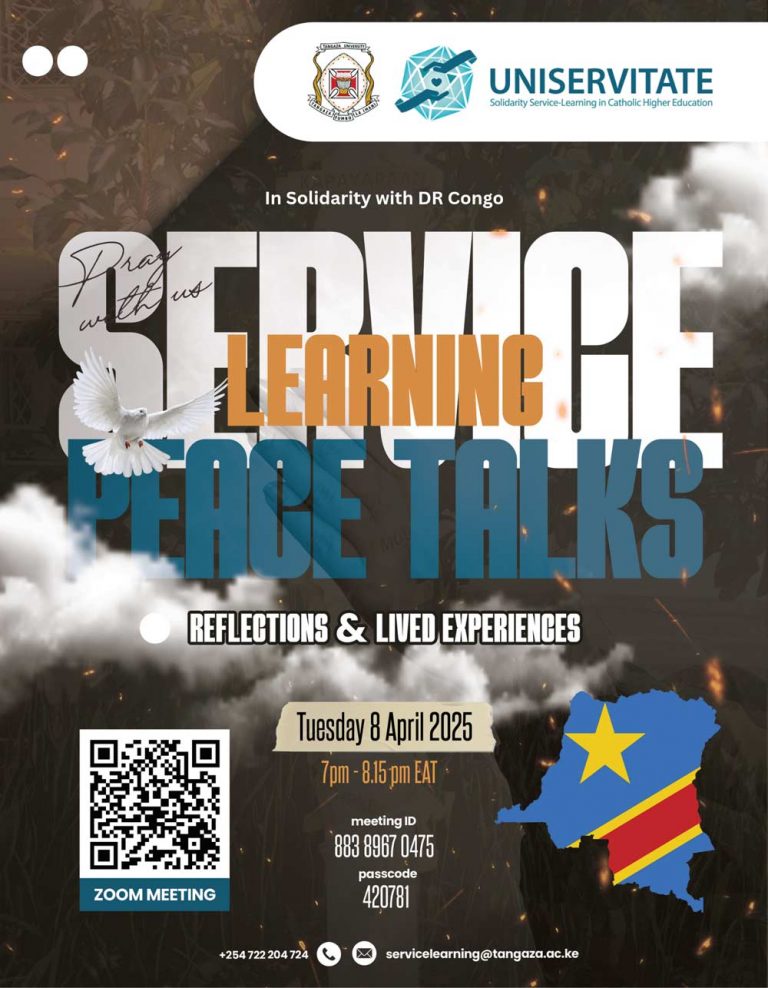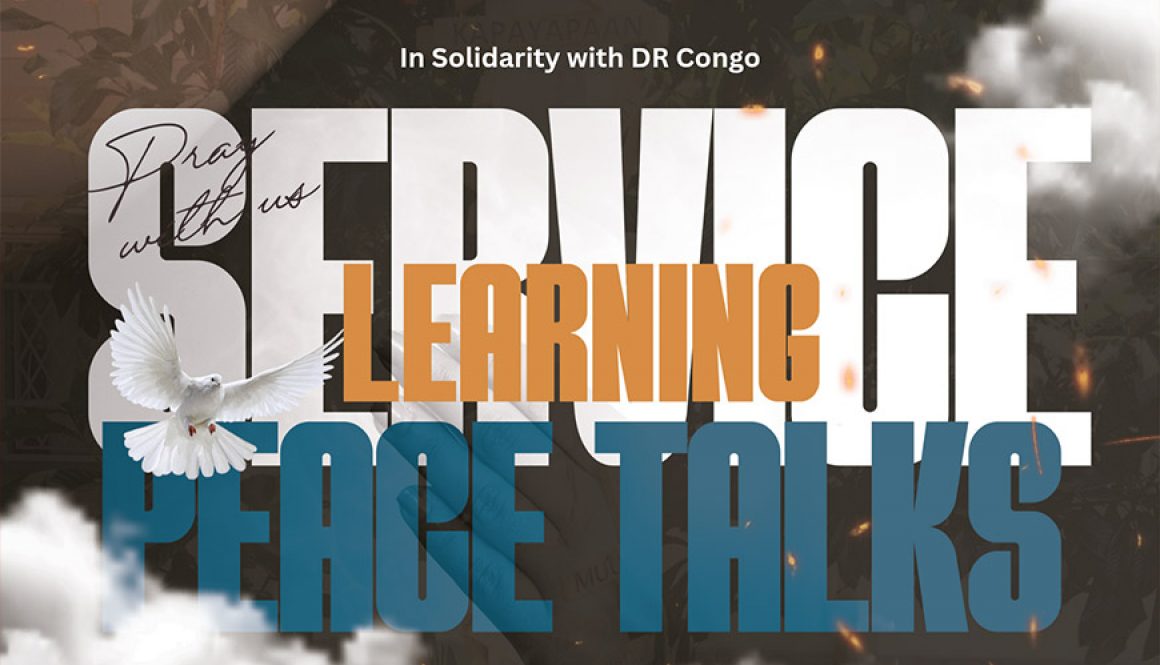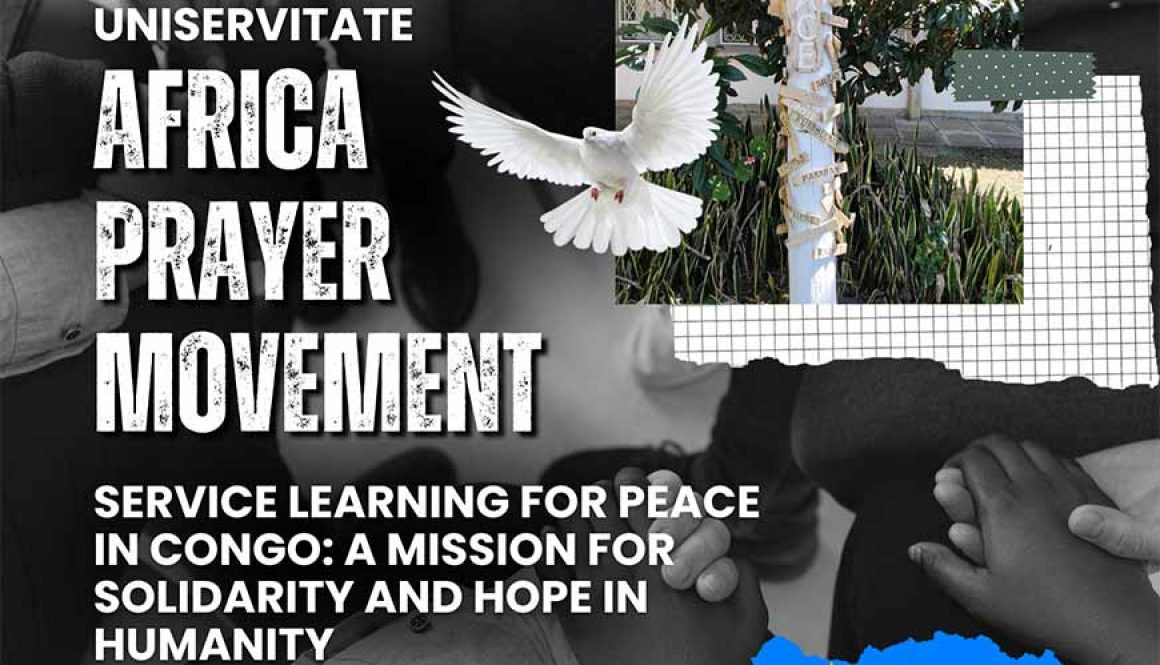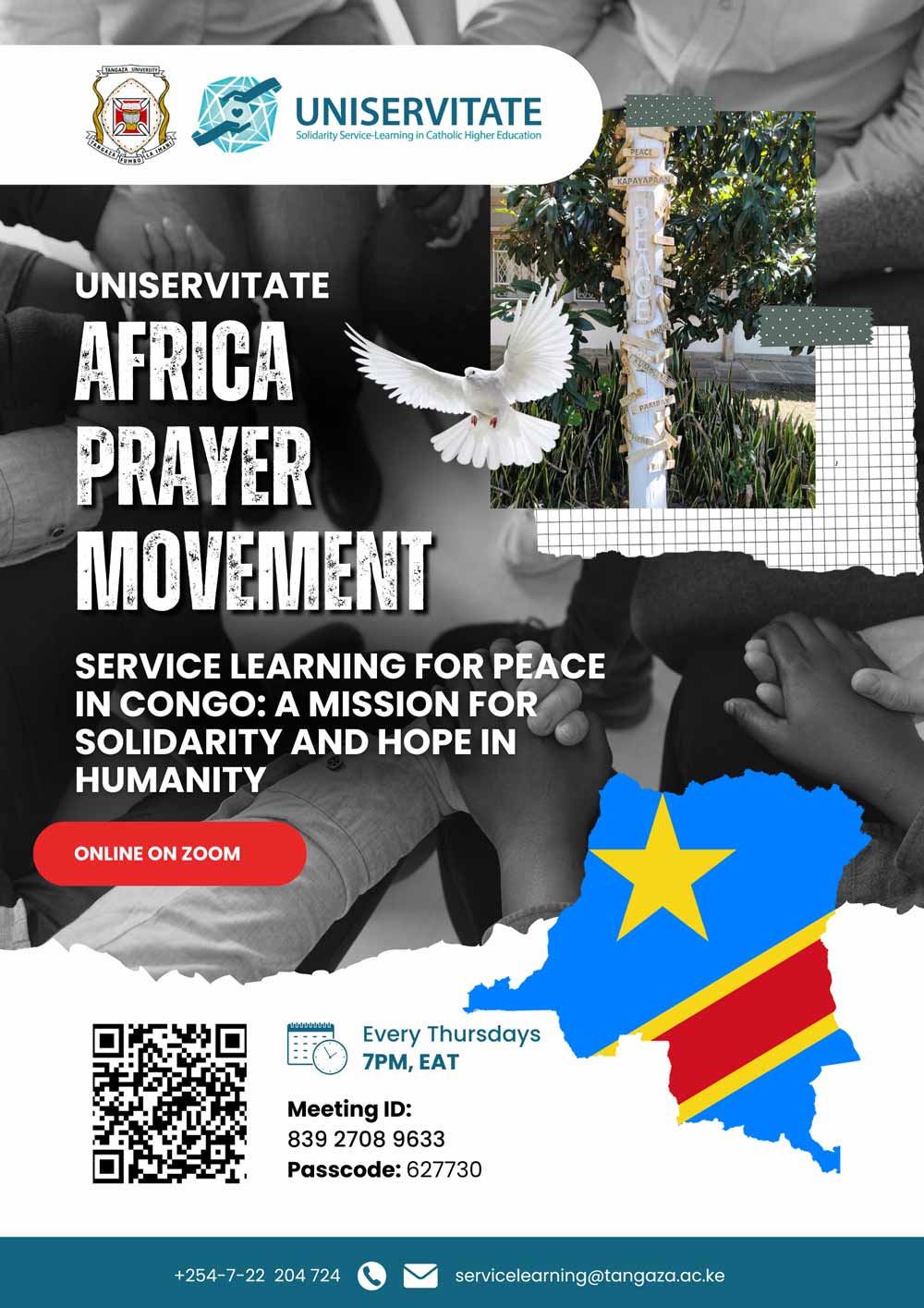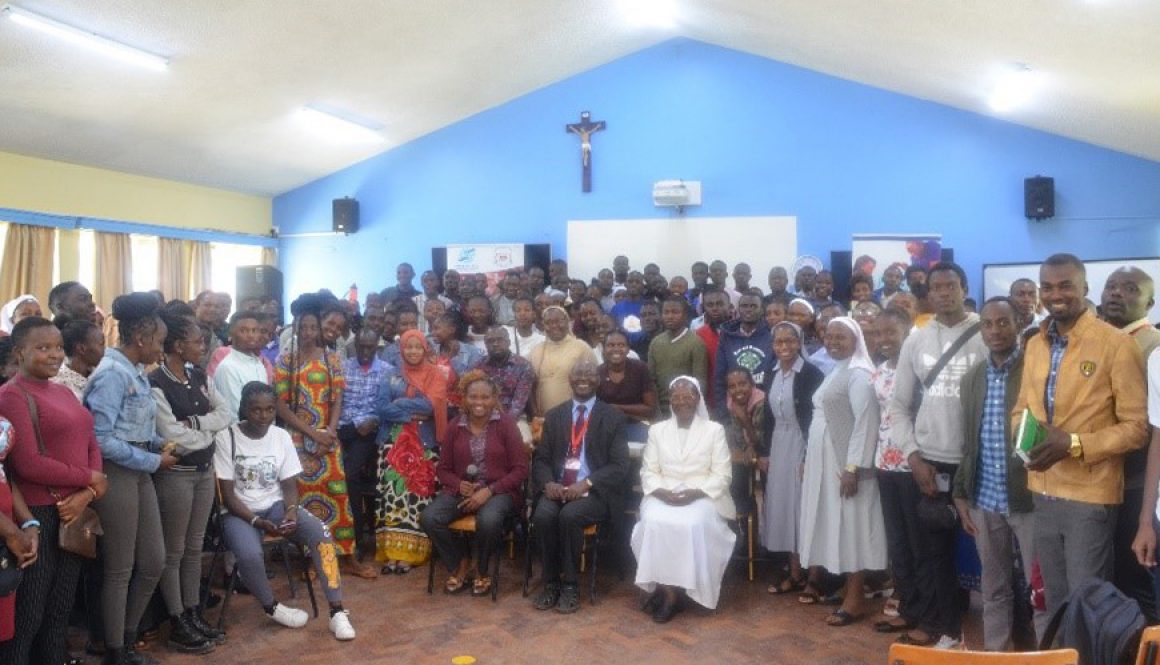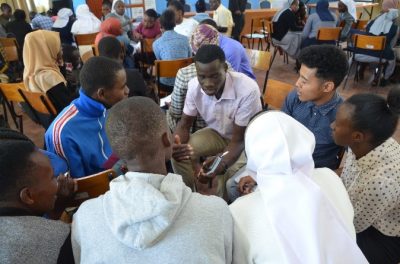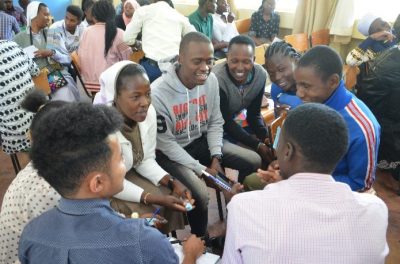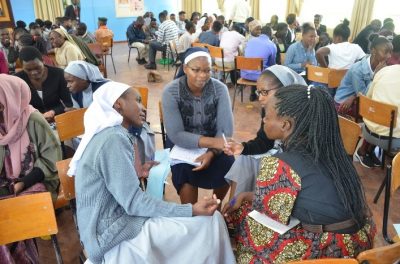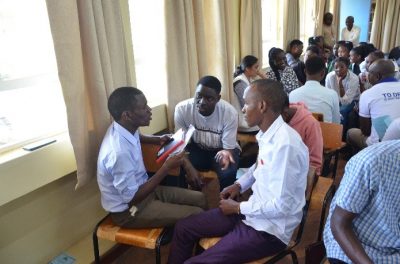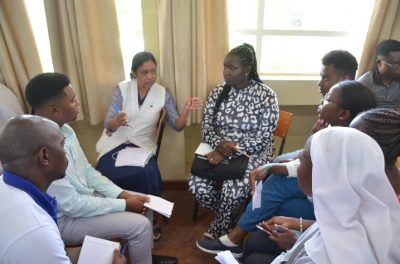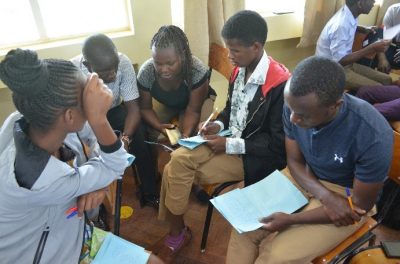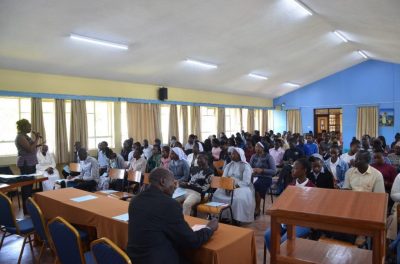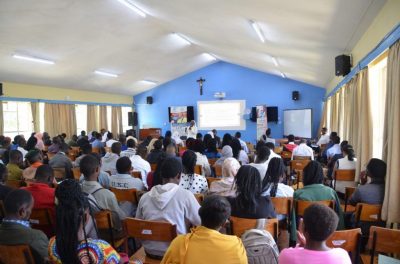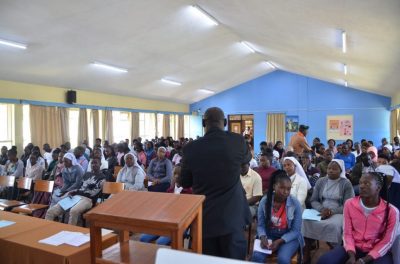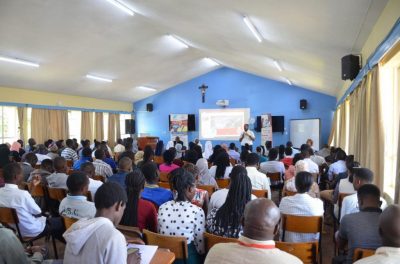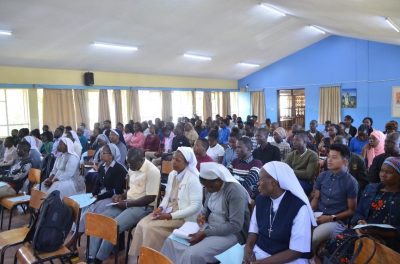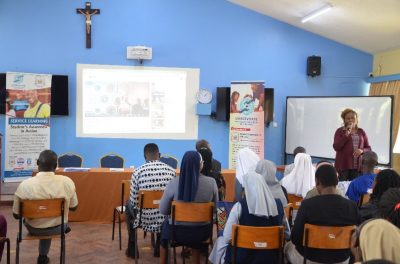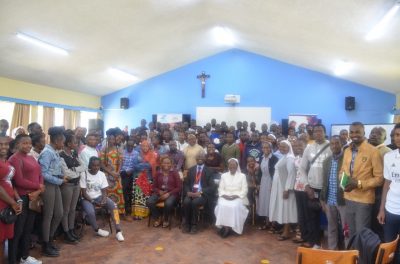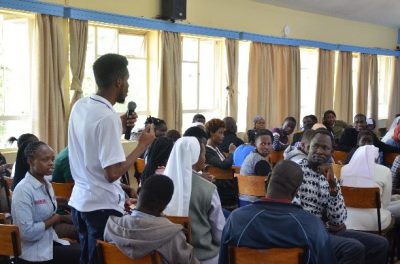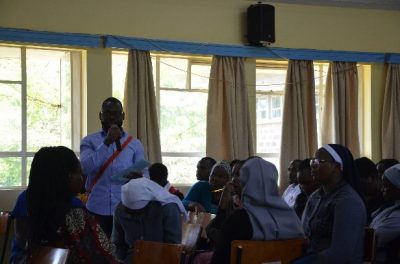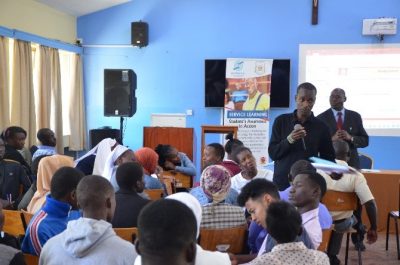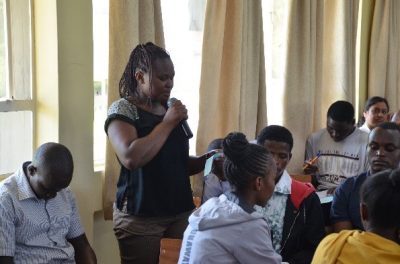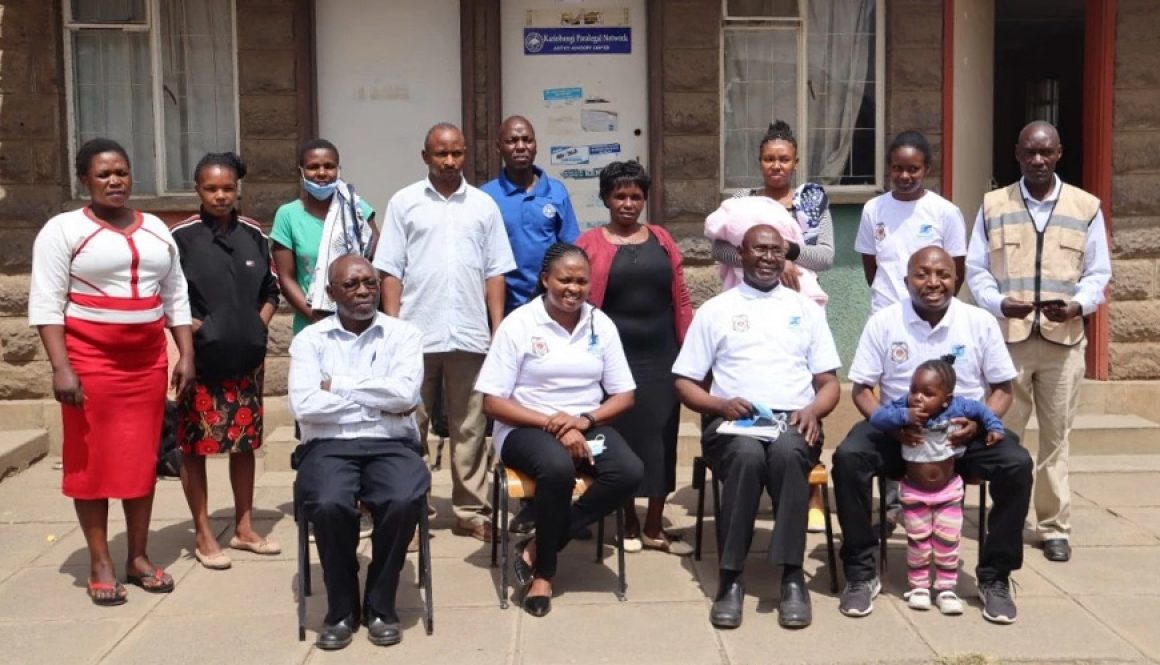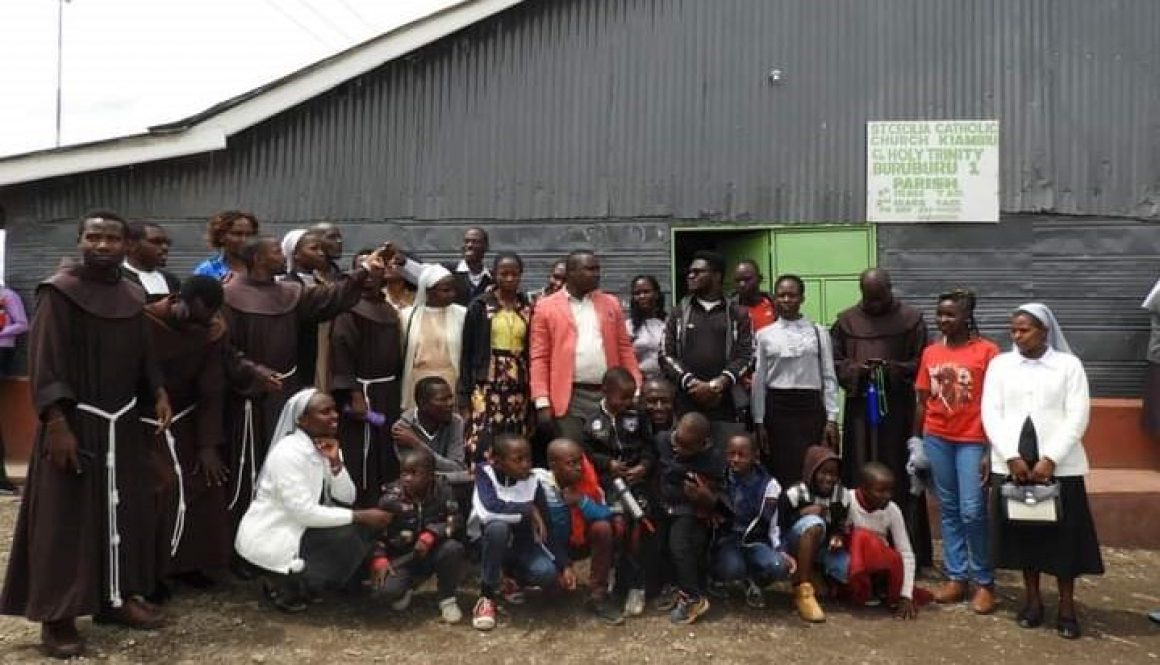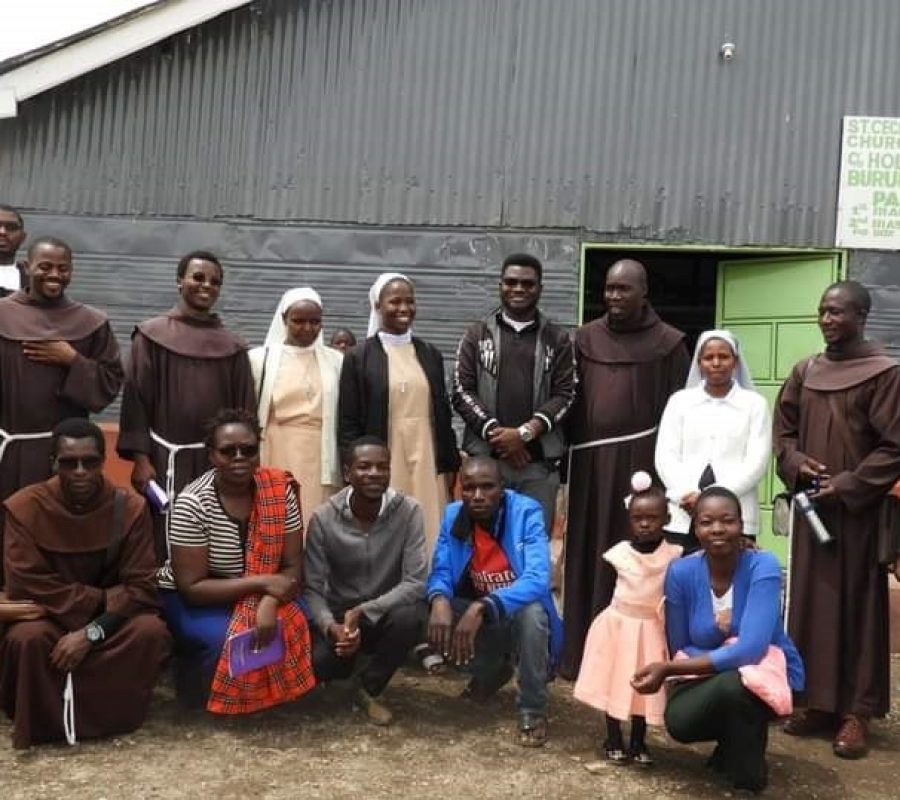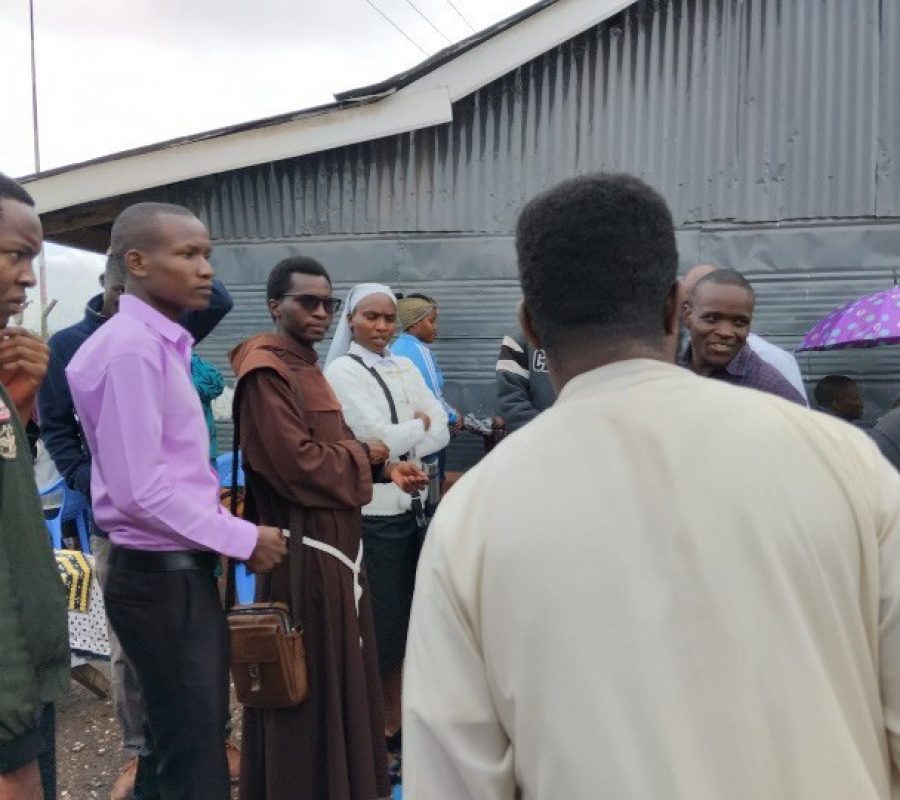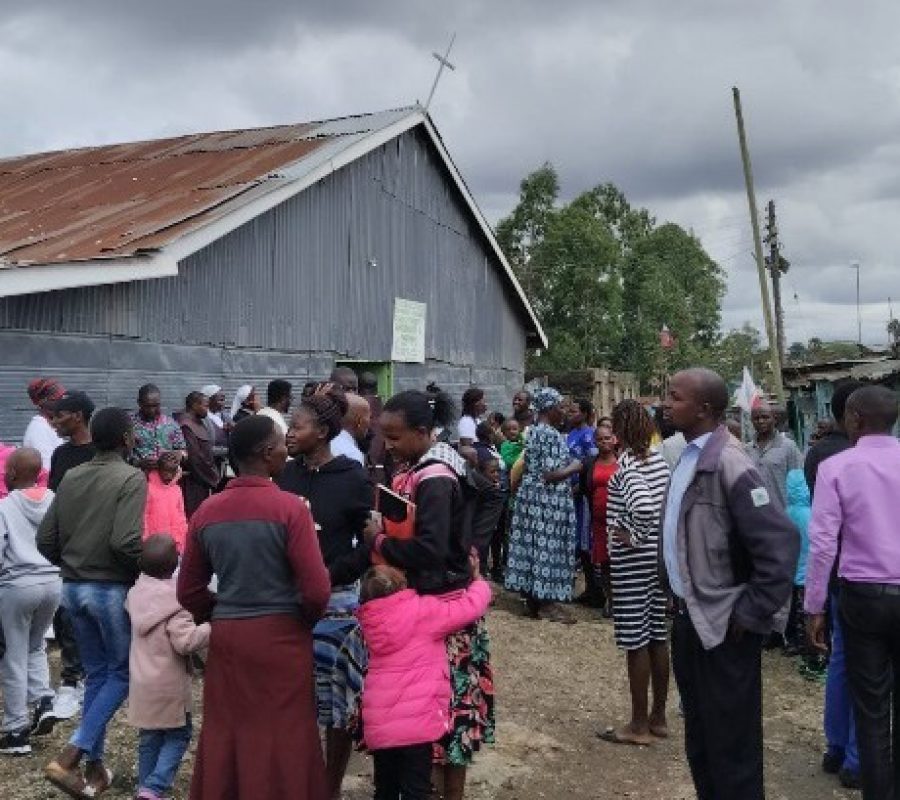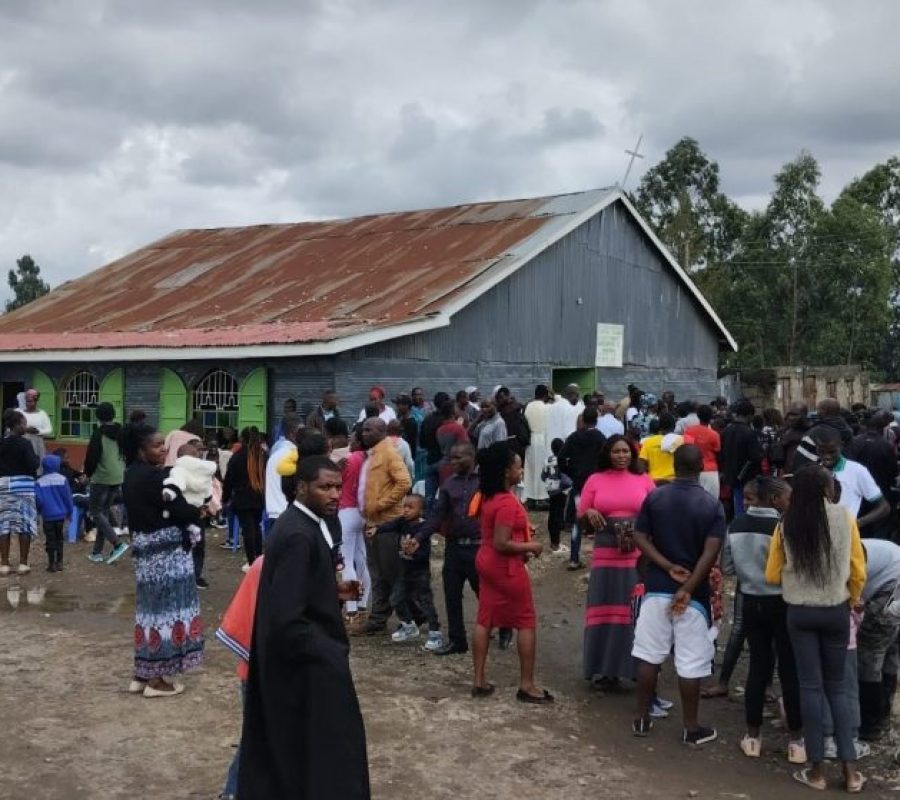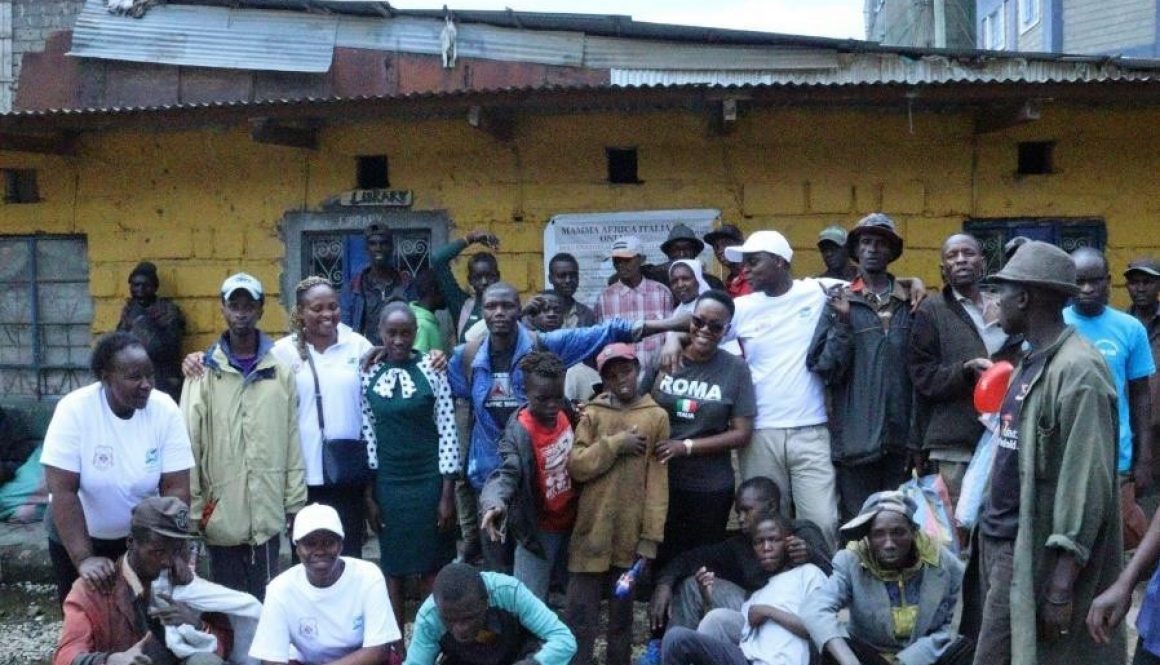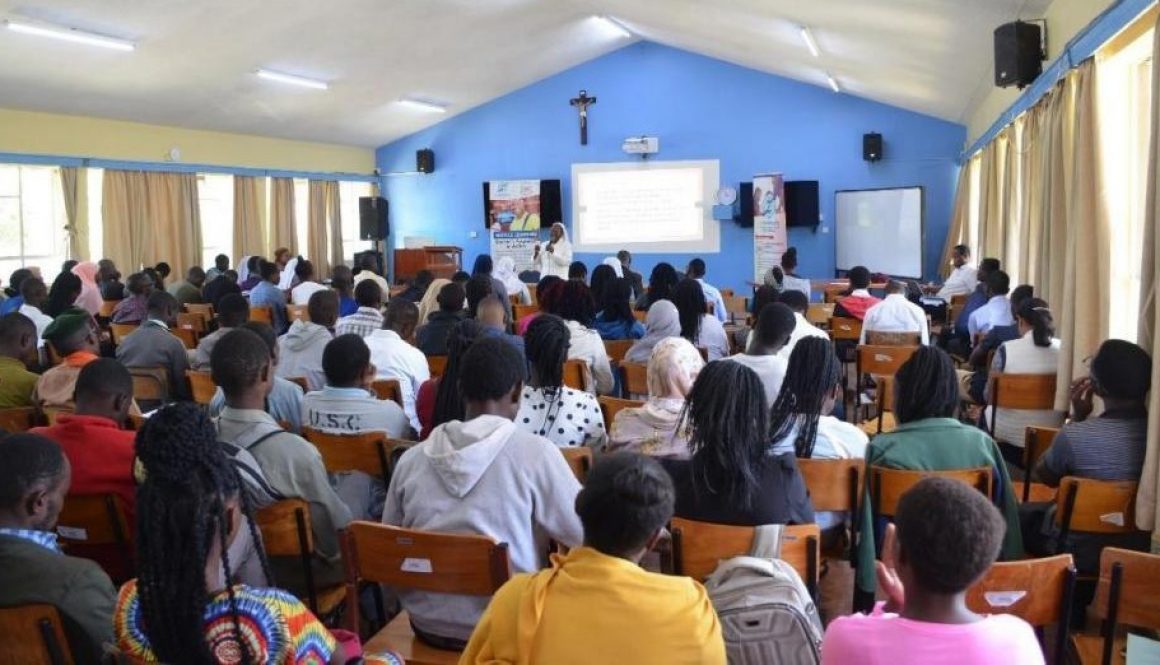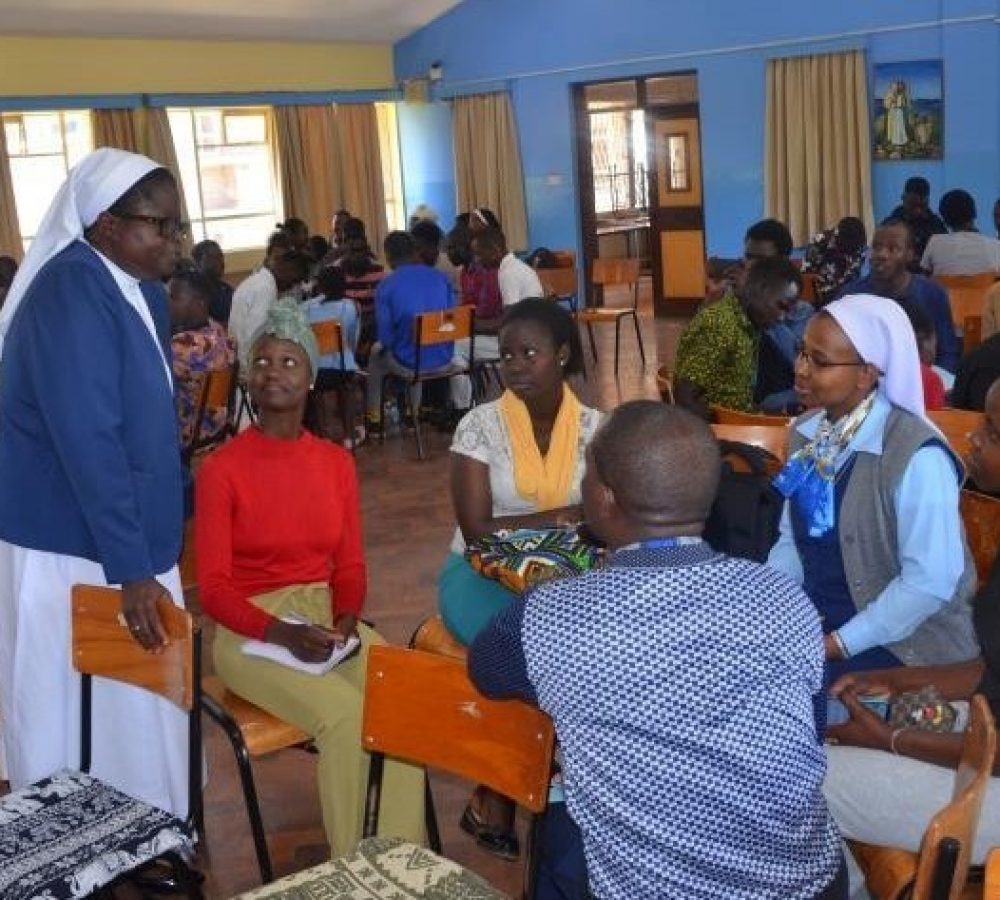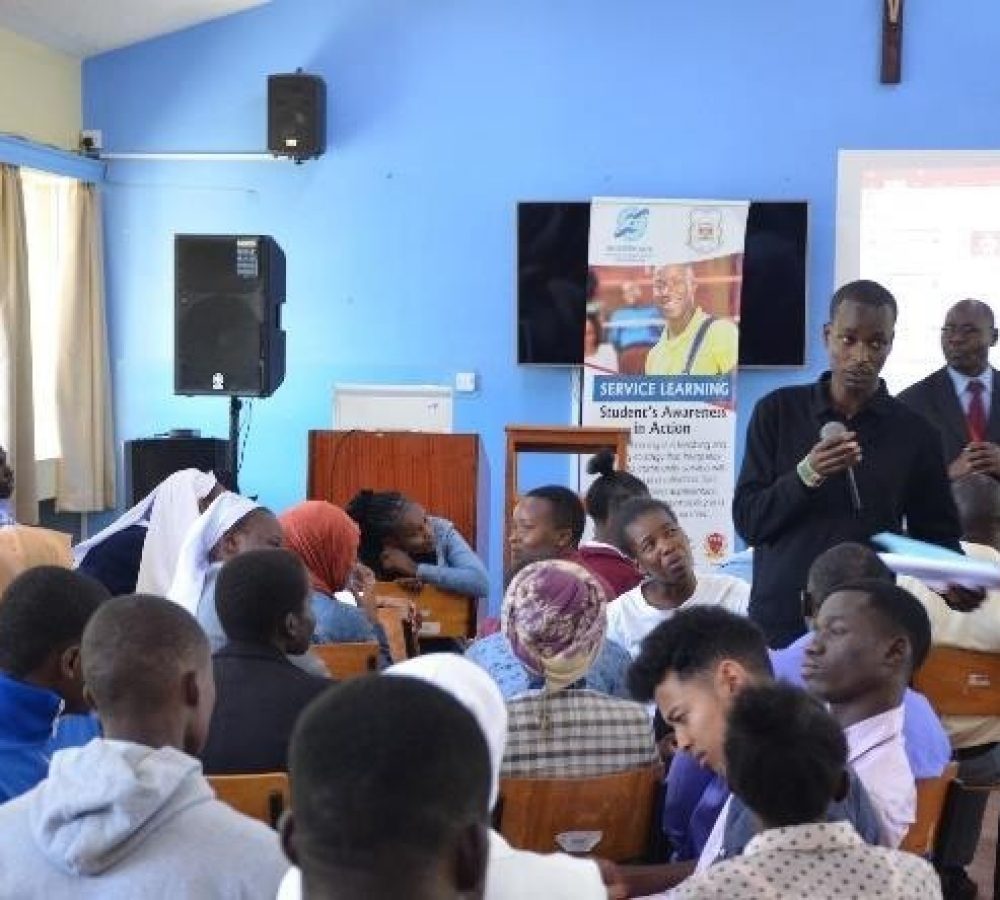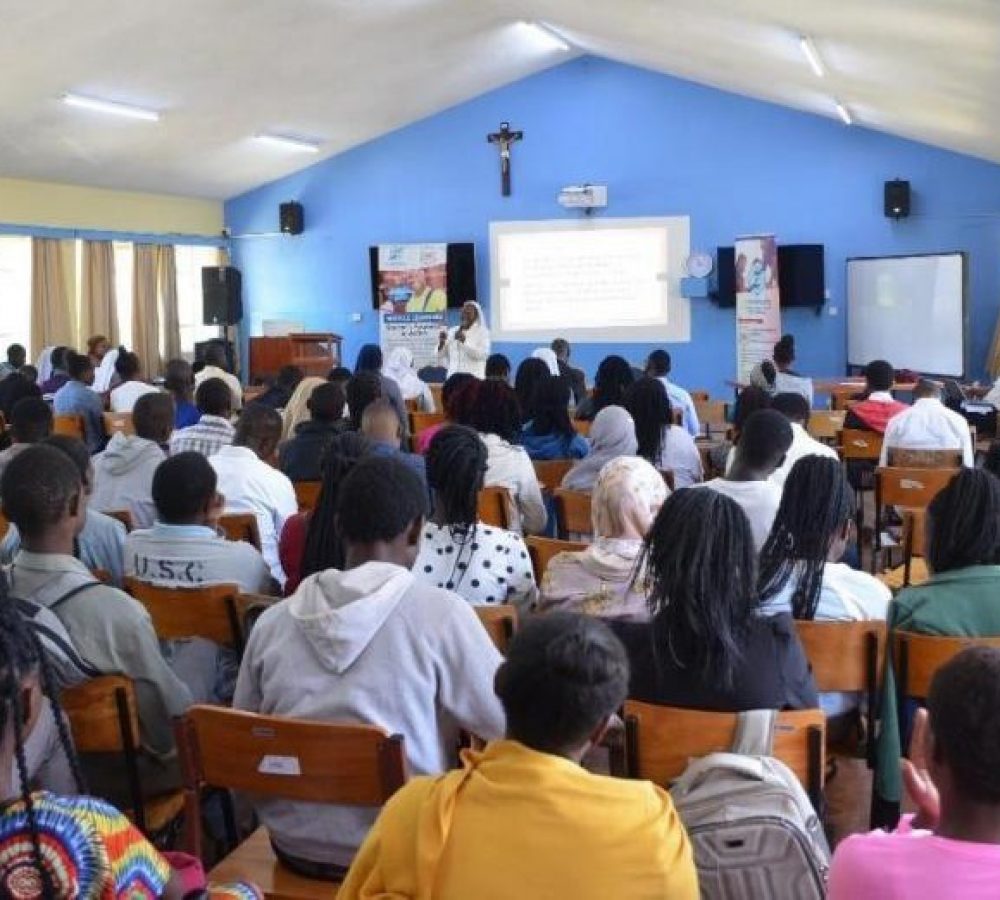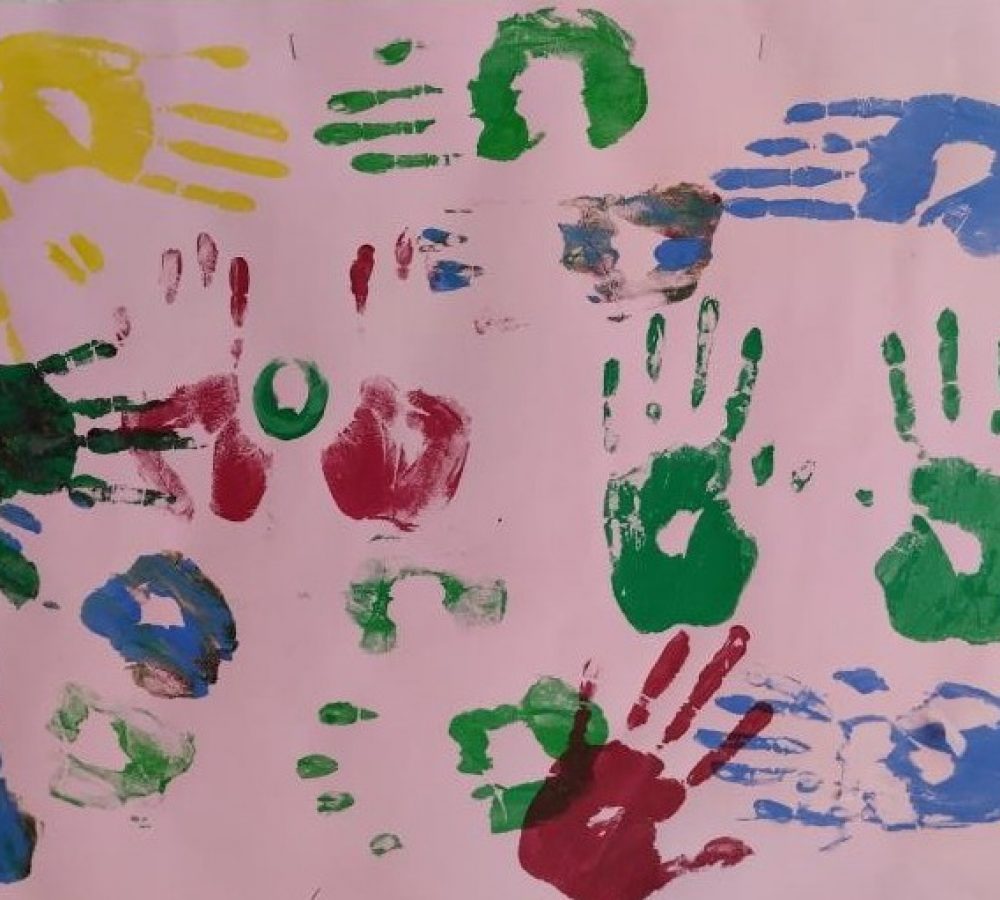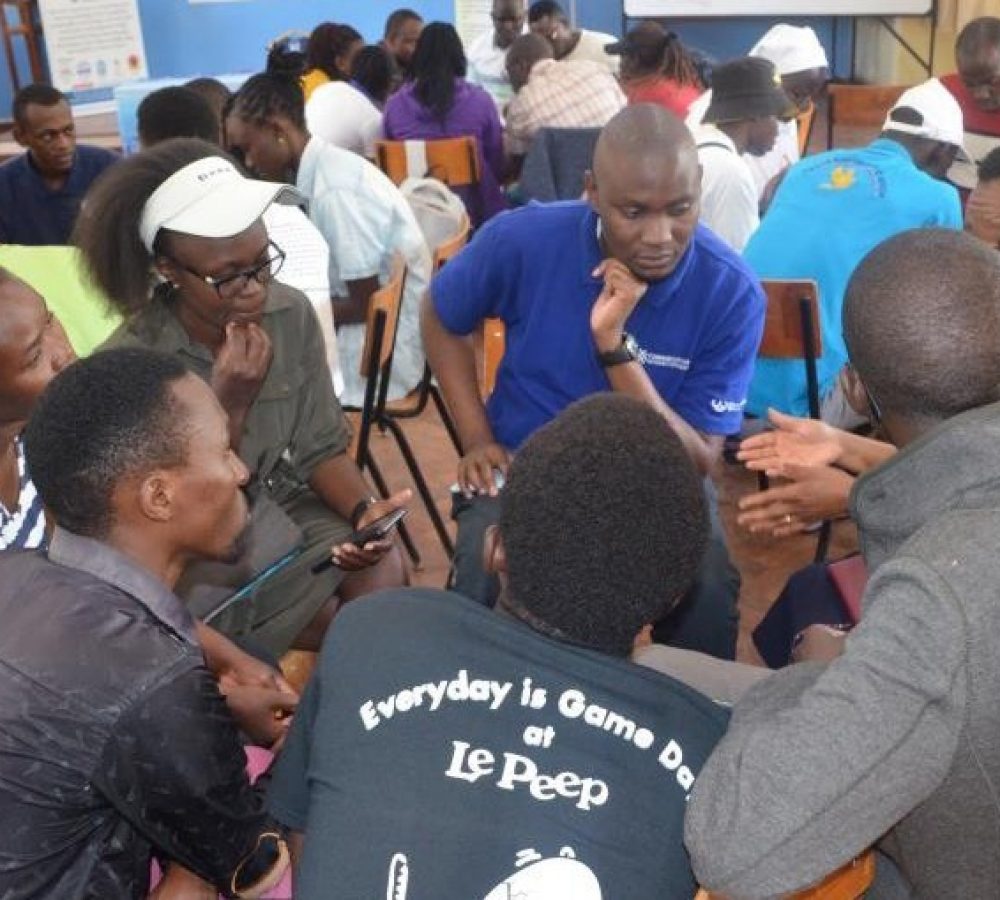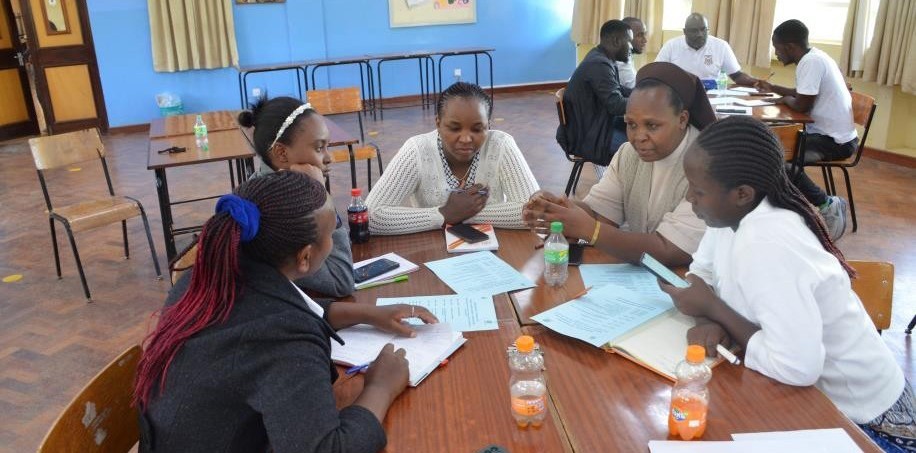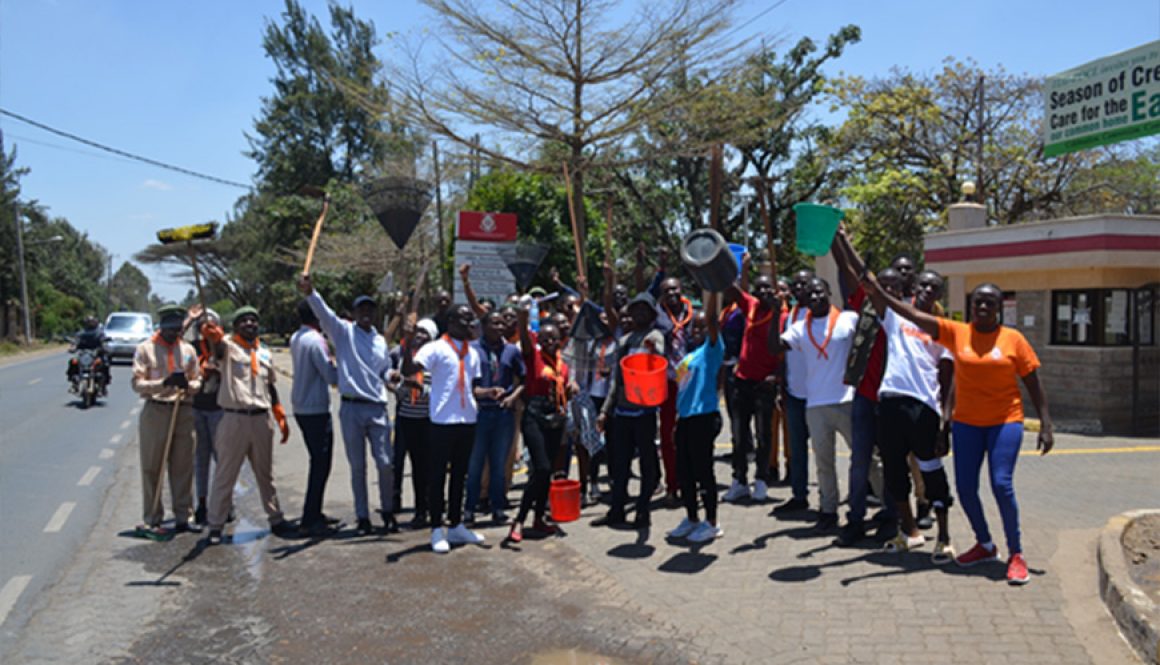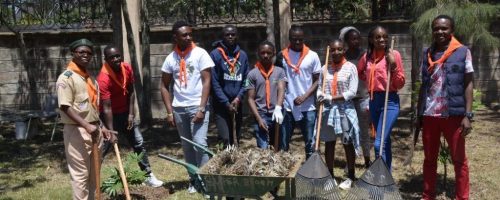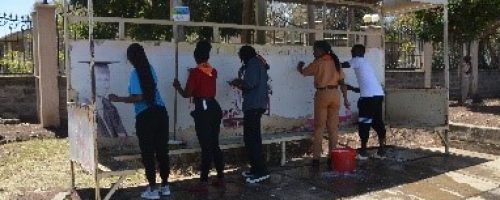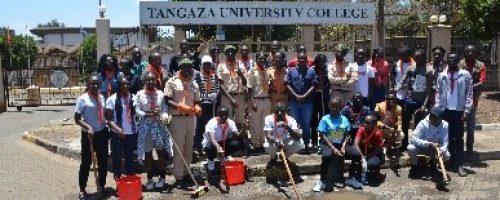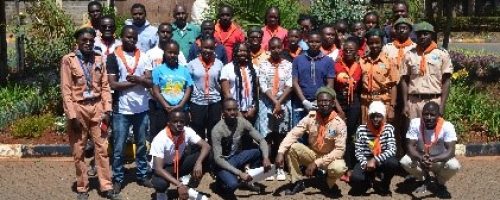FSC 010: Franciscan Commitment to Peace, Tangaza University
Facilitator: Mr. Richard Kakeeto
Mr. Richard Kakeeto, a lecturer at IST and ISRF has been facilitating Franciscan Education (Lent/community/ SCC). He has been facilitating students with the Franciscan Commitment to Peace unit course. In partnership with the Catholic Justice and Peace Department, the students are engaged in a series of reflections and actions with the community. The lecturer has been engaging the students in visiting different Small Christian Communities in selected parishes in Buruburu, Eastlands among others. In these visits, the students are engaged in learning experiences such as Jumuia, Civic responsibility, Prayers, Bible-sharing among others and are able to facilitate these experiences to the community.
The students were engaged in the Lenten Campaign for 2023 under the Theme: Reconciliation for an Inclusive Nation. “Reconciled by God, one in Christ, called to reconciliation – 2 Corinthians 5:18.” Some of the objectives of the lecturer and the students towards he community were to:
- Promote awareness: The campaign sought to raise awareness about the importance of reconciliation and inclusivity in building a strong and harmonious
- Encourage dialogue: We aimed to facilitate constructive dialogue and meaningful conversations that promote understanding, empathy, and forgiveness among individuals and
- Foster healing and forgiveness: The campaign focused on encouraging individuals to let go of past grievances, promote forgiveness, and work towards reconciliation, fostering a sense of healing and unity.
- Advocate for social justice: We sought to address systemic inequalities and promote social justice to create an inclusive society where everyone’s rights and dignity are respected.
According to the lecturer, in Week One, the students together with the community – Christian families reflected on Reconciliation. The specific reconciliation for that year was an invitation to reflect on ways in which human acts accelerate injustice.
In week two the reflections were on Mental Wellness. They acknowledged that cases of mental illness in the community were on the rise. Economic hardships, changing family dynamics, intense secular values that draw people to pleasure and consumerism and a sweeping sense of hopelessness among especially young people and families, were driving people into anxieties and depressions which sometimes result in murders and suicides. The Christian communities recognized that they have a duty to strengthen good relationships in their neighborhoods, places of work and other interactive space as a deliberate measure to slow incidents of mental illness.
What is the present and future of our youth? This was the reflection in Week Three, whose focus was Youth: The Hope of Our Society. The groups confirmed that positive social change is brought about by people who from their youthful age desire to make the world a better place to live in. These are the people who start to seek justice and peace from a tender age. They see everyone around them as fellow human beings, regardless of tribe, race or social status. With constant prayer and looking up to God for guidance, any young person can change a situation from bad to a peaceful one.
In Week Four they reflected on Economic Justice. From the reflection, the students confirmed that most Kenyans are hard-working, always ready to put in long hours to ensure a living. Besides that, they noted that communities have huge wasted resource in form of educated but unemployed young women and men. They helped the community to reflect on questions such as: Why is the cost of living rising? Why are many Kenyans finding it difficult to make ends meet? What are our values as Kenyans?
In Week Five, they dwelled on Ecological Education. Climate justice is a strong global call. Protection of the environment and 23
appreciation that nature deserves care are matters of right, not simply a choice. We contribute to climate change whose effects are seen in the unpredictable droughts, flooding, drying of rivers and swelling of lakes and oceans. Both human life and the lives of other living things are now at a great risk. In the recent past, the Church together with other global actors have called on every one of us to deeply reflect on ways that ensure we stop destroying forests, logging, clearing bushes, dumping, misuse of agricultural chemicals and all other forms of environmental carelessness which negatively impact human life and fuel strange diseases. Appropriate land use contributes immensely to food security. There is need for continued reflection and education on ways to ensure proper agriculture methods, including seed production, food storage, distribution and consumption for a healthy nation, and bring down this discussion to the grassroots where the impact of ecological education is most needed.
In general, the graces of the Lenten Campaign by the students towards the community was seen in the little actions they did altogether with the community throughout that period of prayer, fasting and committing to acts of charity.
